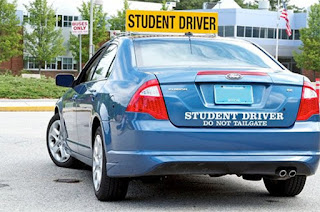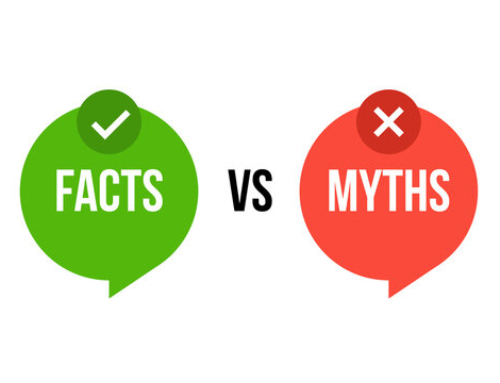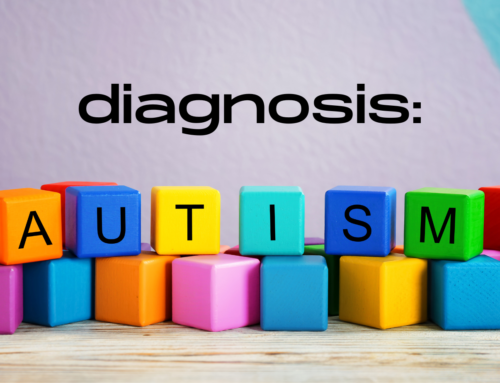Everyone is excited about getting their driver’s license and getting out on the road. For people with autism, there is just as much excitement and anticipation. For 1/3 of teens with autism, this dream is fast becoming a reality!
Every adolescent looks forward to the day they can get behind the wheel of their owncar and become mobile and independent. Driving can help to increase mobility and independence for young teenagers with the autism spectrum disorder. A study by Allison Curry of the Children’s Hospital of Philadelphia’s Center for Injury Research Preservation found.
“We know that driving can increase mobility and independence for adolescents with ASD [autism spectrum disorder], but little was known about their rates of licensure. Our results indicate that a substantial proportion of adolescents with ASD do get licensed, and support is needed to help families make the decision whether or not to drive before these adolescents become eligible for a learner’s permit,” she added in a recent hospital news release.
The researchers in the study used data obtained from New Jersey teenagers. They found that one out of every three teenagers with autism, but no intellectual disability, had obtained an intermediate driver license as soon as they turned 17. Of all teens with autism that obtained a learner’s permit, 82% went on to receive their intermediate license within a year. For teens, not on the autism spectrum, 94% went on to get their intermediate license within one year of getting their learner’s permit.
“For teens on the autism spectrum, the decision to pursue a driver’s license is one of several milestones that other families might take for granted. Independent means of transportation contributes to other long-term opportunities, such as post-high school education or employment, and being socially involved and connected withintheir community,” study co-author Benjamin Yeryssaid. He’s a scientist at the hospital’s Center for Autism Research.
But Yerys pointed out that “ASD can affect decision-making, information processing and attention to varying degrees.” Yerys said experts need to understand what resources, specialized instruction, and other support might help teens with ASD who want to drive.
Reference






